
Built Grasshopper (sold it), co-founded Chargify, founded Vanilla. Scaling companies @Durable. Wrote a book, invested in 100+ startups. Into health, not hustle.
How to get URL link on X (Twitter) App

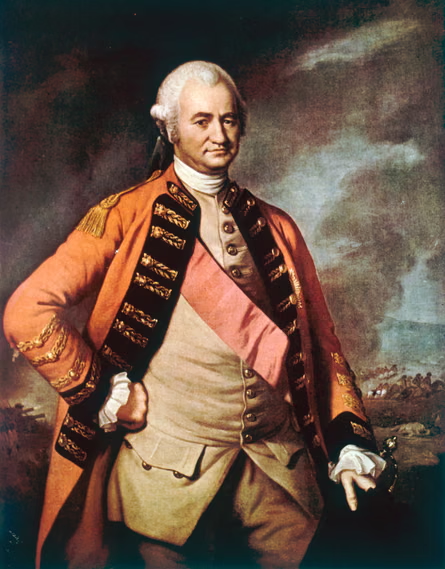

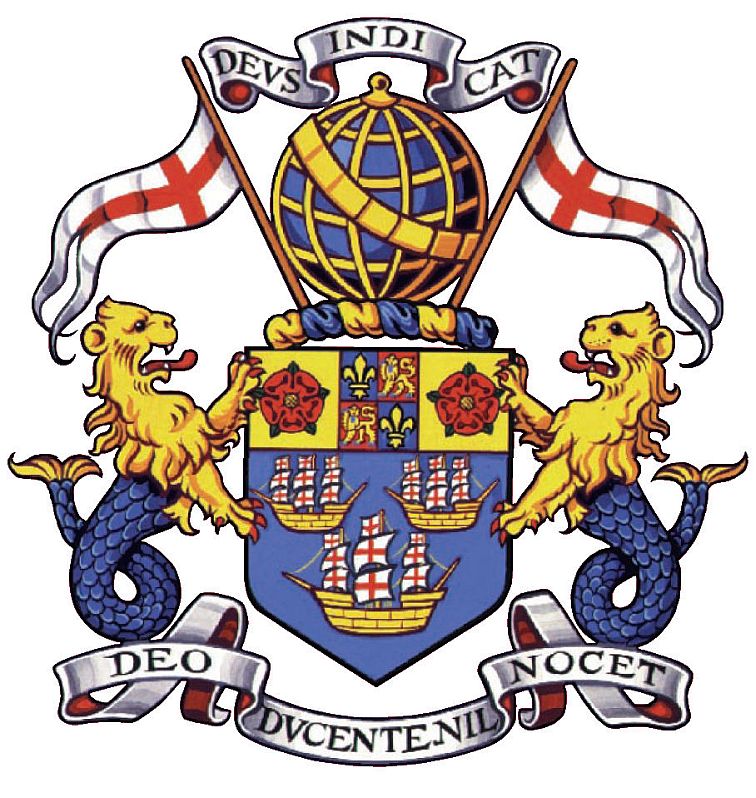 Here’s the part that sounds fake:
Here’s the part that sounds fake: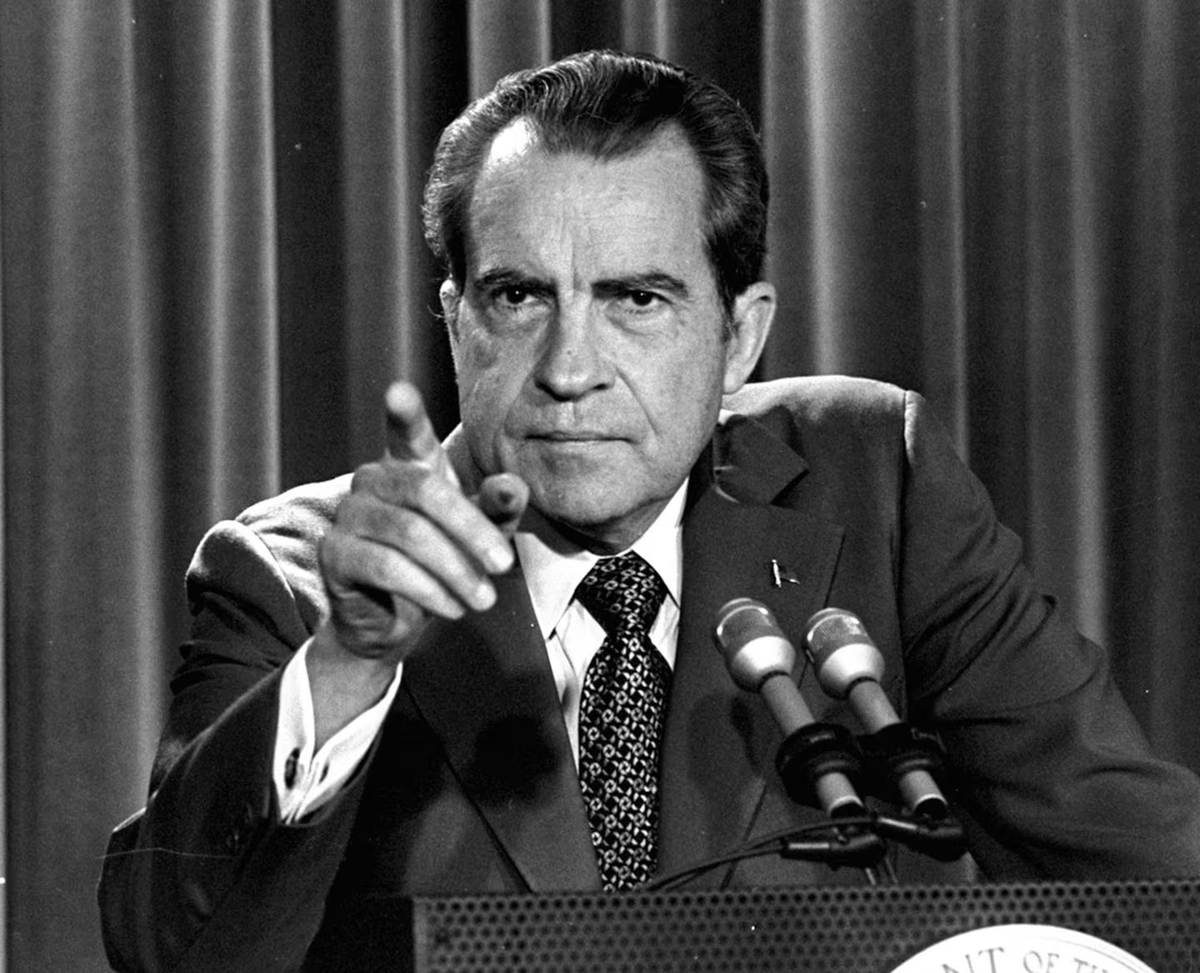
 He didn’t announce the usual.
He didn’t announce the usual.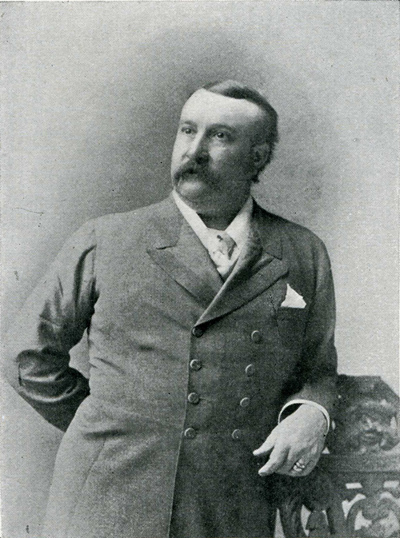

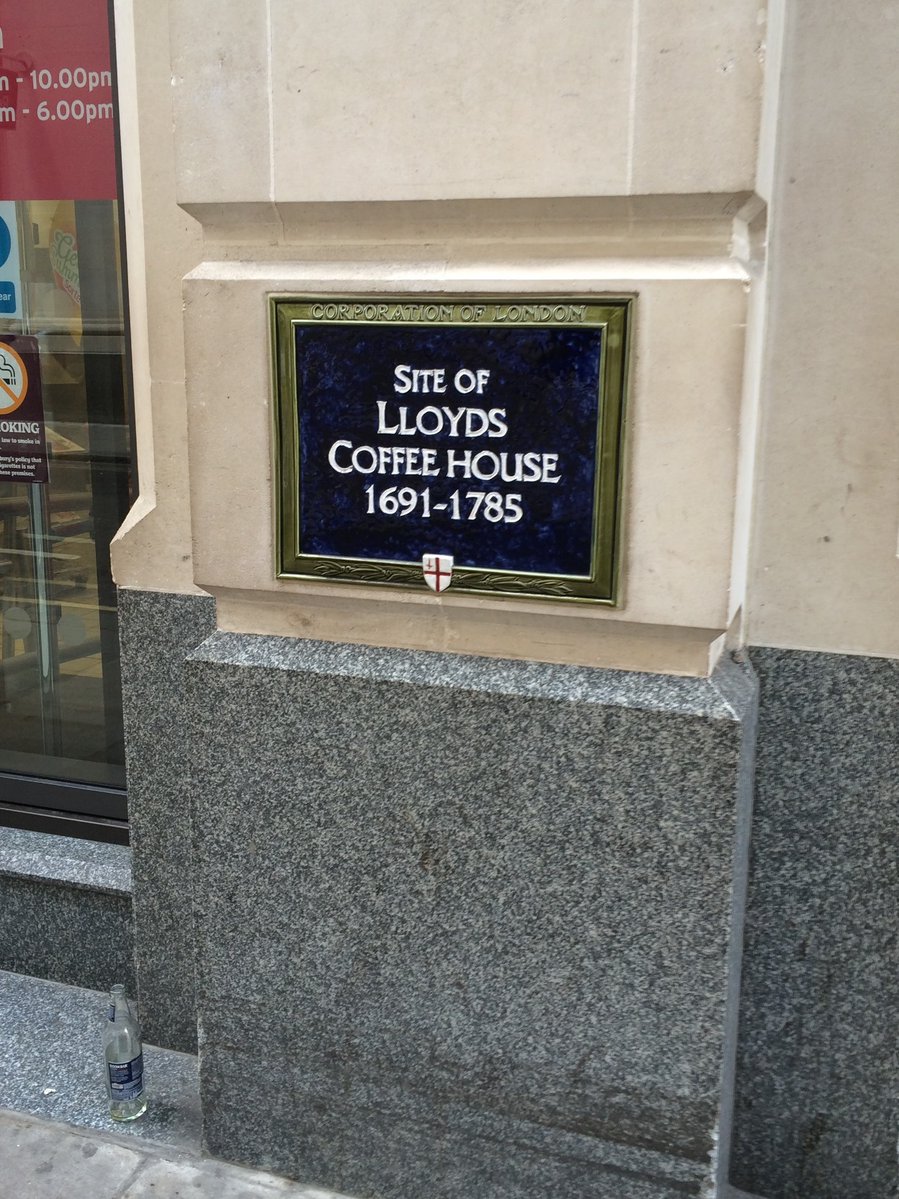 Here's some context:
Here's some context:

 Here's what most people get wrong...
Here's what most people get wrong...
 The person saying this isn’t a random commentator.
The person saying this isn’t a random commentator.
 We’ve been here before.
We’ve been here before.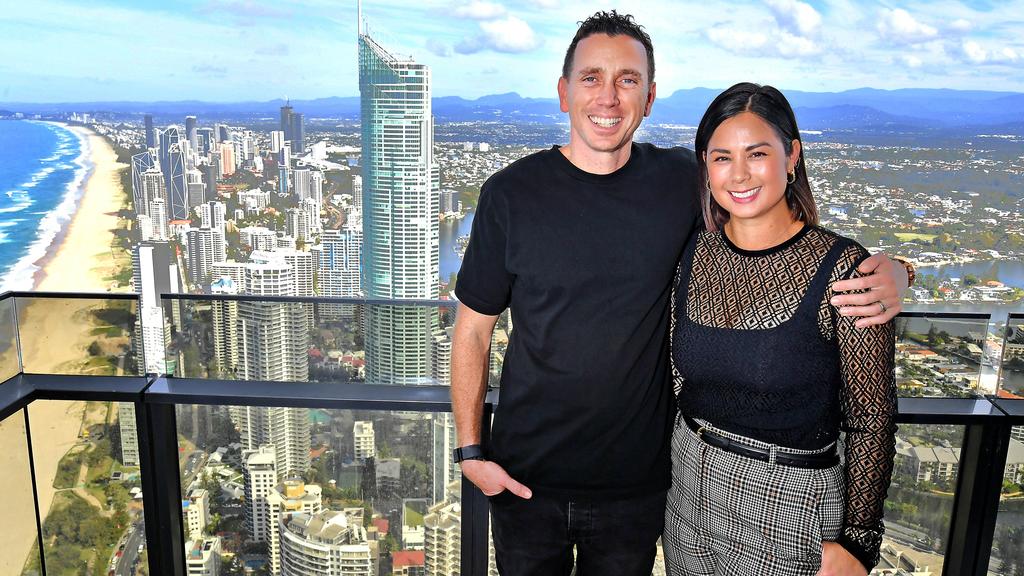
 In the early 2000s, Simon & Tah-nee were selling streetwear at local markets.
In the early 2000s, Simon & Tah-nee were selling streetwear at local markets.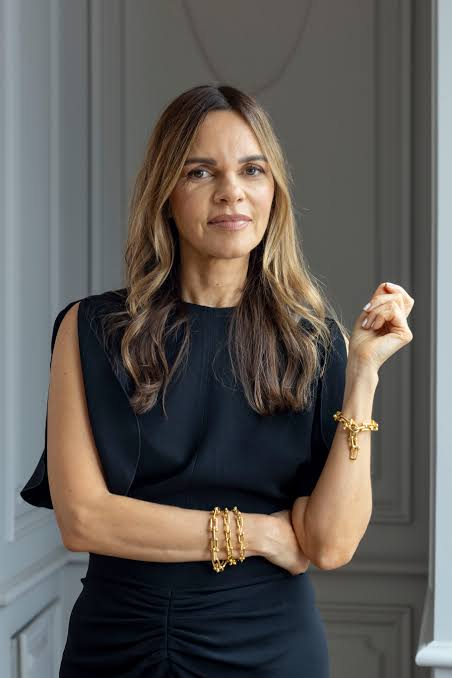
 Maria grew up in Greece and studied in Athens before heading to the US for a master’s in business.
Maria grew up in Greece and studied in Athens before heading to the US for a master’s in business.
 You’ve heard of Steve Jobs.
You’ve heard of Steve Jobs.
 Netflix isn’t just an entertainment platform—it’s a data company disguised as one.
Netflix isn’t just an entertainment platform—it’s a data company disguised as one.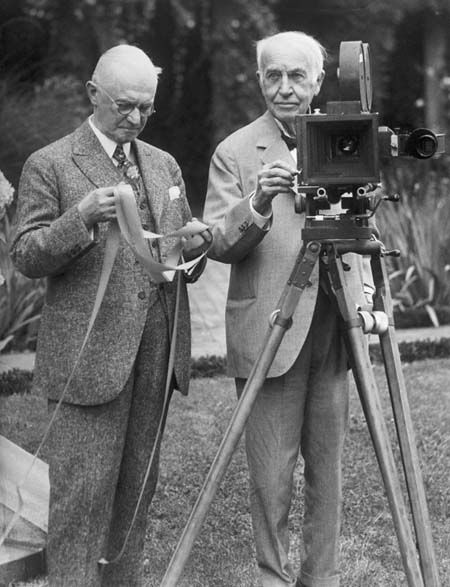
 In the late 19th century, Kodak redefined photography.
In the late 19th century, Kodak redefined photography.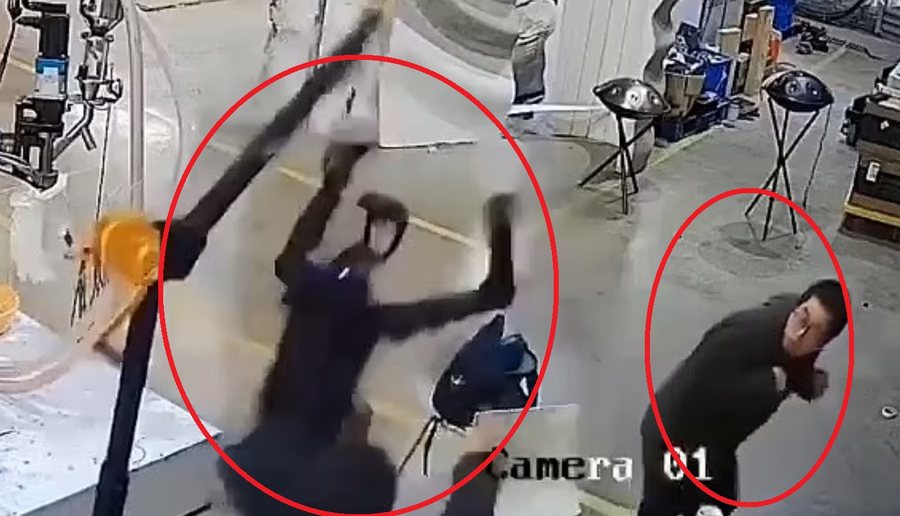
 The footage is chilling:
The footage is chilling: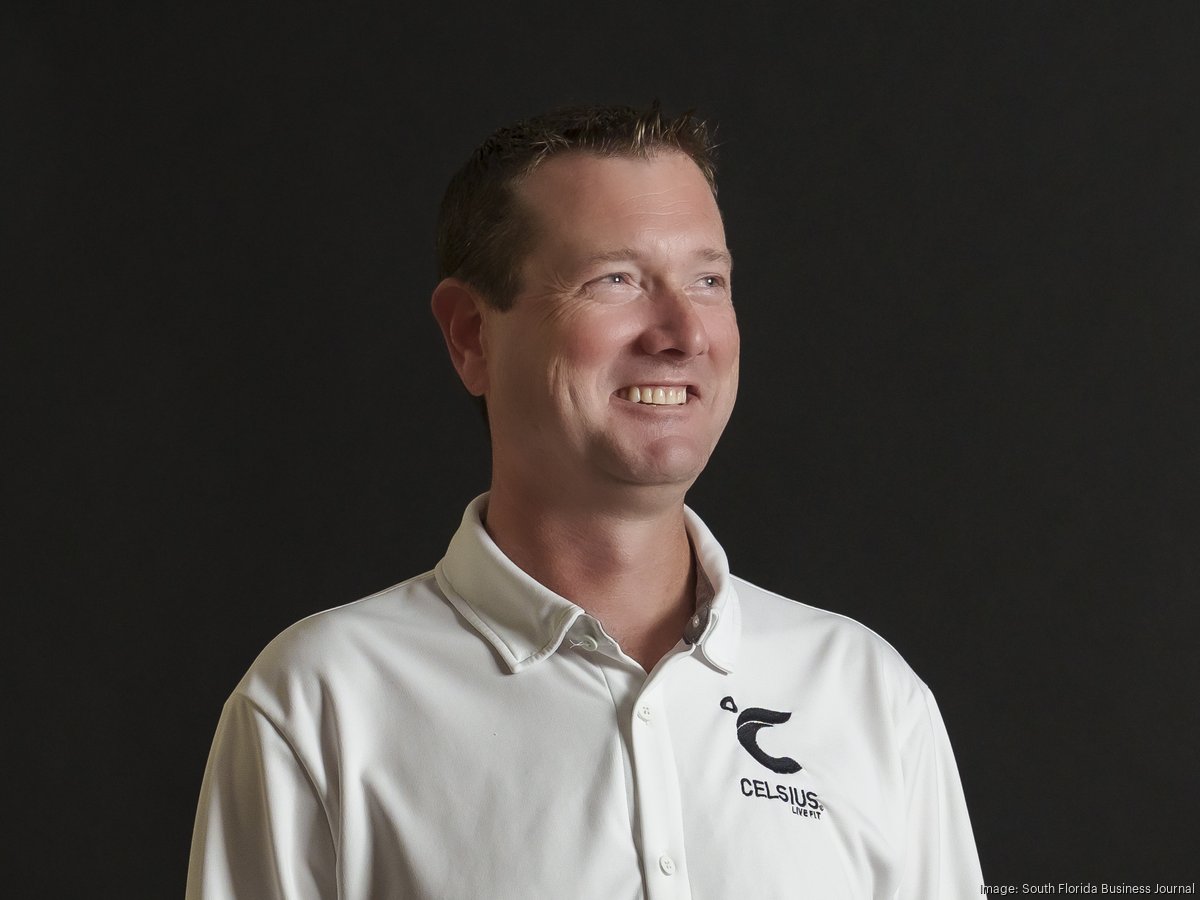
 First, some background:
First, some background:
 Remember Good Technology.
Remember Good Technology.
 When I started selling, I thought long calls meant progress.
When I started selling, I thought long calls meant progress.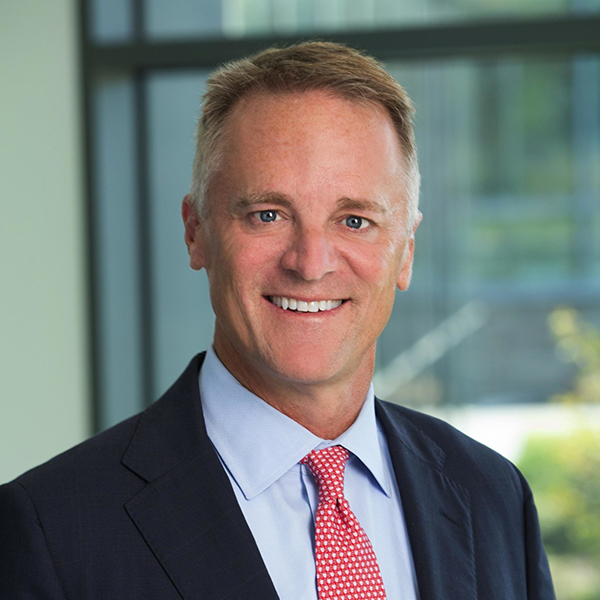
 Mahoney actually wanted to be a doctor.
Mahoney actually wanted to be a doctor.
 Warren Buffett didn’t invest in Tesla, Google, or Facebook.
Warren Buffett didn’t invest in Tesla, Google, or Facebook.
 Everyone today is chasing the the next revolutionary app or cutting edge tech - thinking it's their ticket to dream money.
Everyone today is chasing the the next revolutionary app or cutting edge tech - thinking it's their ticket to dream money.
 Craig Fuller's dad founded U.S. Xpress—one of America’s biggest freight companies.
Craig Fuller's dad founded U.S. Xpress—one of America’s biggest freight companies.